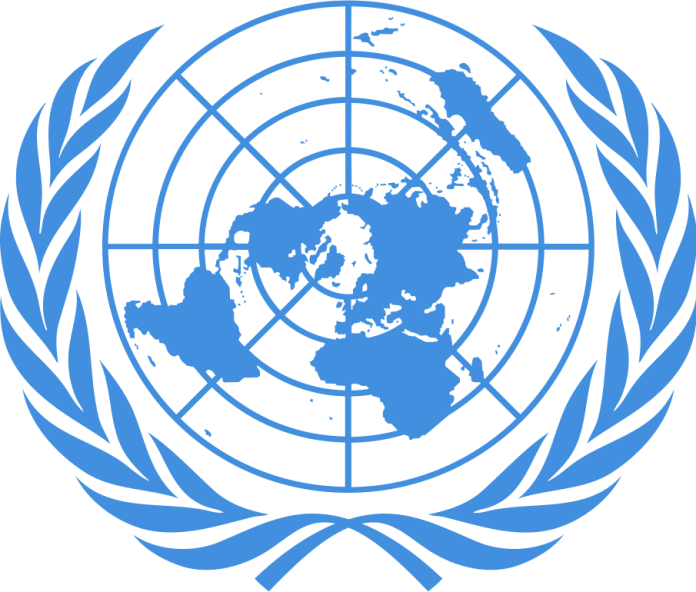UN experts today urged Nigeria to prioritise specialised rehabilitation measures for the hundreds of abducted children left deeply traumatised after their release and to strengthen protection measures for those at risk.
“Social inclusion of these children requires the provision of long-term measures aimed at restoring their physical and psychological well-being,” the experts said. Sensitising families and communities to the importance of reintegration is imperative for them to be able to build renewed social relations with families and communities and to overcome stigma.
The experts also criticised the lack of an effective investigation into the abduction of 344 students from a boys’ boarding school in Kankara, Katsina State, in December 2020 and released a few days later.
“We are concerned about the total lack of transparency and of effective action almost three months later,” the experts said. “There has still not been an impartial, independent investigation into the abductions nor specialised rehabilitation for the children after the incident.
Social inclusion of these children requires the provision of long-term measures aimed at restoring their physical and psychological well-being
“Due to such incidents, many children have not returned to class and some schools have already closed down in the border areas out of fear of reoccurrence. This may mean an end to education for these children.”
The experts said they were also anxious about the repercussions for the 279 schoolgirls released on 2 March 2021 after being abducted last week in the northwest Nigerian State of Zamfara.
The abductions are not isolated cases – on 17 February 2021 at least 27 students, three staff, and 12 family members from a college in the area of Niger State were also abducted and released 10 days later.
“We are alarmed at reports that an unknown number of women and girls have been abducted in recent years, and subjected to domestic servitude, forced labour, sexual slavery through forced marriages, forced and unwanted pregnancies,” the experts said.
“Serious concern is expressed about the physical and psychological integrity of these individuals, who are at increased risk of exploitation, trafficking, sexual and gender-based violence and other forms of violence,” they said.
They said the Nigerian government has international legal obligations to protect the right to life, liberty and security of a person, as well as the obligation to adopt effective measures and policies to prevent exploitation. “We urge the Government to adopt effective preventive measures to avoid the re-occurrence of these acts and in particular to strengthen protection measures for children at risk and guarantee access to relevant support services, including sexual and reproductive health and services for women and girls.”
The experts also urged the Nigerian government “to conduct an impartial and independent investigation without further delay. We further remind of the provision of effective remedies and assistance”.
“Government should promote the expansion of community-based programmes to support the care, rehabilitation and reintegration of girls and women. These programmes should include psychosocial support and counselling, including to families”, as recommended in the report of the Special Rapporteurs on the right of everyone to the enjoyment of the highest attainable standard of physical and mental health, on the sale of children, child prostitution and child pornography and on contemporary forms of slavery, including its causes and consequences, on their joint visit to Nigeria in 2016.








